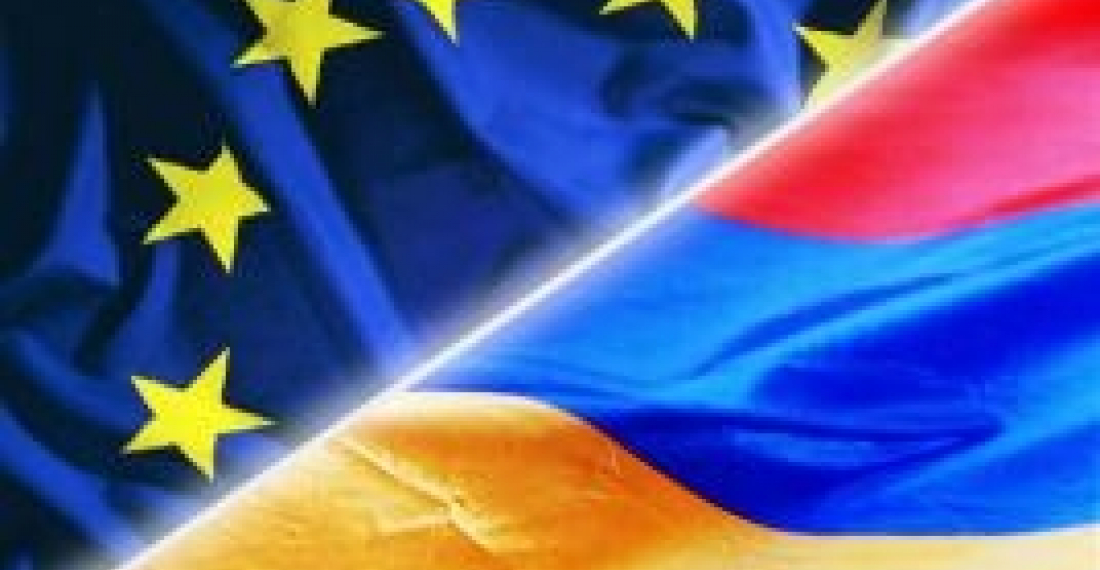The Eastern Partnership summit in Warsaw is expected to give a political boost to the ongoing negotiations (see separate article), paving the way for their conclusion by the forthcoming EU-Ukraine summit, on 2 December, Europolitics writes.
The initialing ceremony is likely to take place before the end of 2011, to be followed by the signing ceremony and the ratification process in Ukraine and the 27 EU member countries. The EU has warned, however, that the ratification process in the member states might be negatively affected by the political controversies that surround the ongoing trial of former Prime Minister Yulia Tymoshenko, who is
accused of abuse of office for signing a gas deal with Russia. Concerns over political persecution in Ukraine run high among many EU officials, who have criticised the Ukrainian government for using the
criminal justice system for its own political purposes.
Moldova and Georgia are the most likely candidates to follow Ukraine's example. The European Commission is expected to give the green light, before the end of this year, to the launch of DCFTA negotiations with these two countries. The other three countries (Armenia, Azerbaijan and Belarus) are unlikely to reach this stage any time soon. Azerbaijan and Belarus need first to become WTO members (a prerequisite for the start of talks on a DCFTA), while Armenia has a long list of "key" reforms to implement, according to the Commission, the source reports.
Earlier the Armenian Co-Chair of the EU-Armenia Cooperation Committee Tigran Davtyan said that Armenia has achieved success in the talks for the Association Agreement. He said that the Association Agreement requires solution to a number of tasks in the sphere of trade: standardization, metrology, sanitation and phyto-sanitation, intellectual property protection. The state government sector must undergo significant reforms as well. "I hope we will complete the preparation stage and start formal implementation of the agreement on free trade," Davtyan said.







